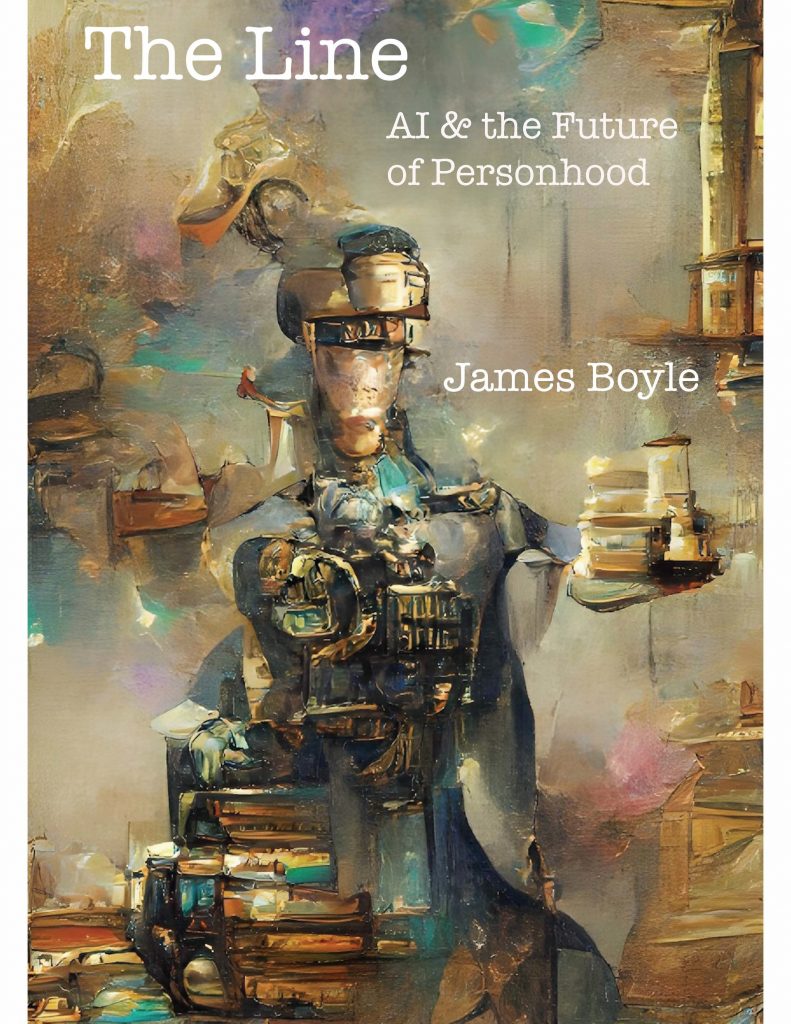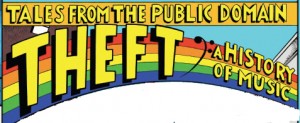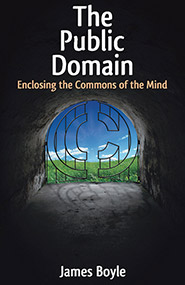Atlas Mugged is the title of an FT article I wrote a little less than a year ago, at the depths of the crash. The question I asked was simple. Would this experience change economics and policy orthodoxies, as the Great Depression did in the 30’s? Reading Paul Krugman’s excellent article in the NYT a year later made me want to revisit it. Was I too pessimistic? You be the judge. Despite Krugman’s comments in his article about the changes this experience would bring about to economic orthodoxy, I don’t think I was. In fact, the predictions he is making about the reaction of economists depend on the same assumptions about rational action that he himself says we need to question. Yes we should modify our frameworks? But will we?
Atlas mugged
By James Boyle
Published: October 27 2008
Henry Waxman: In other words you found that your view of the world, your ideology was not right. It was not working
Alan Greenspan: Precisely, no I, that’s precisely the reason I was shocked because I’ve been going for 40 years or more with very considerable evidence that it was working exceptionally well.
In his Congressional testimony on the collapse of the global financial system, Alan Greenspan sounded like a man who had seen his universe tremble, whose faith had been challenged. Self-regulating markets … didn’t. The “smartest,” “most sophisticated” players … weren’t. Mr Greenspan, who once worshipped at the feet of Ayn Rand, seemed genuinely shaken. How could these things be?
This poignant exchange should lead us to ask a larger question. Not “should we abandon capitalism?” Not “should we jettison neo-classical economics?” But how will the events of the last month – and the months to come – change the way we think about markets and politics?
In the US, the lawyers and economists who lived through the Great Depression did not abandon the idea of property rights, the market, or the tools of economic analysis. But they came to understand them very differently. The work of the first generation of institutional economists was given salience by the collapse going on outside the doors of the academy. In the place of rational action, stable preferences and markets that automatically achieved equilibrium, the institutionalists painted a picture of bounded rationality, learned preferences and evolving (and devolving) markets. Meanwhile, Keynesian macro-economics gave the state its signature role as the spender of last resort whose interventions break the cycle of depression and downturn – a role it retains to this day.
The classical economists had seen a state whose main function was to define and enforce property rights, and then to get out of the way so an unregulated market could run itself. The economists who challenged them – and the legal realists who wrote their ideas into the New Deal’s legislative agenda – thought that markets were the result of regulation, were always shaped by policy choices, and a good thing too! Whether responding to economic cycles by deficit financing, or in managing the monopolies that self-regulating markets had failed to erase, that generation of lawyers, economists and policy makers abandoned the hymns of their fathers. Their “view of the world” was shaken, their “ideology” changed. The old ideas still existed, the arguments for them were unchanged, but the reality outside made them seem like an absurd fantasy. The new models were not caused by the Great Depression – many of them preceded it – but the scepticism towards yesterday’s orthodoxy was surely prompted by it. Out of a changed vision of life, of experience, arose a changed view of law, economics and regulation. Will that happen to us? Not “will we return to the New Deal?” But will we, too, find our orthodoxies transformed?
Like the thinkers of the New Deal, we already have material to work with. Behavioural economics – “the study of stupid peoples’ psychology” as one conventional neo-classicist put it – antedates this particular crisis, yet offers some nice insights into the ways that economically rational actors … aren’t. Even Mr Greenspan’s smartest and most sophisticated economic modellers turned out to exhibit all the blind faith in simplifying heuristics, the same resistance to contrary evidence, that the behavioural economists like to demonstrate in little experiments involving mugs or dollar bills. Here, unfortunately, the experimental subjects were playing with most of the global financial system. Some mug.
I was at a conference last week and a panelist, who had just airily offered a wildly unrealistic economic model, was asked a question about risk. “Well,” he said dismissively, “the market will already have priced in all risks.” There was a pause as we all thought about our haemorrhaging retirement funds. “Or not” someone muttered. Then the required academic suspension of disbelief returned.
The most important change would not be in the minds of economics professors but in the economic orthodoxies of our policymaking – the “common sense” that shapes debates and frames possible solutions. For most of my professional life, I have lived in a world where the discourse of regulation is built around the notion of a bumbling, incompetent state, hamfistedly messing things up as it interferes with the swiss-watch precision of rational, self-correcting markets. The idea that those markets were themselves the result of myriad contentious decisions about the limits of property rights, the default rules of contracts, the trust-enhancing rules that force information disclosure – or in this case, did not force information disclosure – somehow all this got lost in the shuffle. But the problems go deeper than overweening faith in the self-correcting power of markets, and an under-emphasis on the importance of regulation in making those markets work. We talked as though preferences were exogenous – outside the system and unshaped by it. Perhaps most importantly, we happily assumed that our economics must be optimised for perpetual, churning growth – unworried by environmental or quality of life issues, even if its headlong pace could be sustained. That assumption is not even on the table in our current crisis, and yet it may be the most important and dangerous one of all.
As I watch the stock market graphs fall off the page, carrying my retirement cottage with them, it is tempting to believe that this economic complacency will fall with it, that we could give up the market triumphalism, come to a new synthesis that acknowledged frankly the defects of both market and state as regulatory systems, that took seriously the environmental limits of the philosophy of perpetual growth. But I doubt it. The power of the old orthodoxy is too strong this time. Confronting the collapse, Mr Greenspan’s Atlas will merely … shrug.








